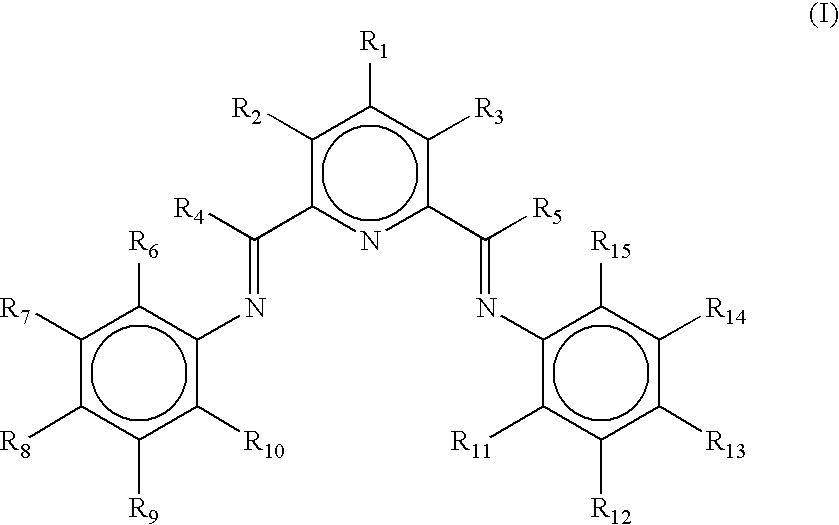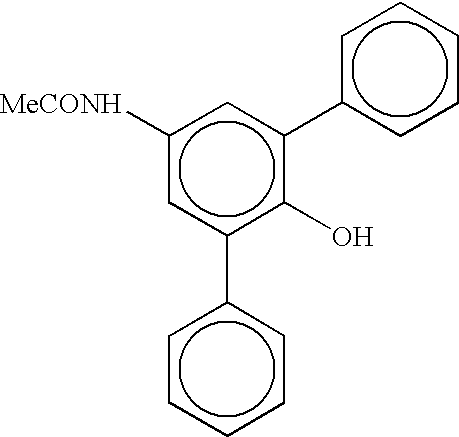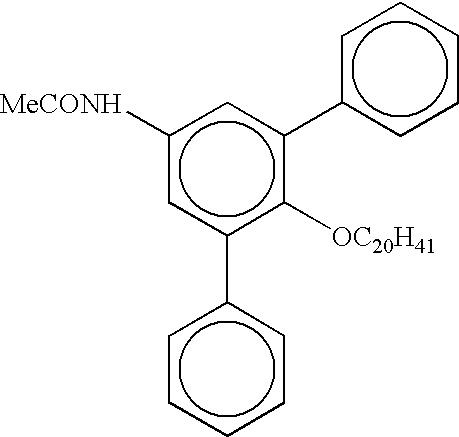Process for preparing linear alpha olefins
a technology of alpha olefins and alpha olefins, which is applied in the field of process for preparing linear alpha olefins, can solve the problems of high price of alpha olefins obtained by oligomerization, difficult separation of mixtures, and increased chain length, etc., and achieves high yield and selectivity.
- Summary
- Abstract
- Description
- Claims
- Application Information
AI Technical Summary
Benefits of technology
Problems solved by technology
Method used
Image
Examples
examples
[0139]The example below demonstrates the conversion of 1-butene into linear 1-octene using the process of the present invention.
General Procedures and Characterisation
[0140]All chemicals used in preparations were purchased from Aldrich and used without further purification unless mentioned otherwise.
[0141]All the operations with the catalyst systems were carried out under nitrogen atmosphere. All solvents used were dried using standard procedures.
[0142]Anhydrous o-xylene (>97% purity) was stored over Na-wire and 4 Å molecular sieves (final water content of about 3 ppm).
[0143]1-butene (grade 2.0, i.e. 99.0% purity) were purchased from Hoek Loos N.V., Dieren, The Netherlands and was used without further purification.
[0144]The products obtained were characterised by Gas Chromatography (GC), in order to evaluate yield of C4, C8 and C12 compounds using a HP 5890 series II apparatus and the following chromatographic conditions:
[0145]Column: HP-1 (cross-linked methyl siloxane), film thickn...
PUM
| Property | Measurement | Unit |
|---|---|---|
| temperature | aaaaa | aaaaa |
| temperature | aaaaa | aaaaa |
| temperatures | aaaaa | aaaaa |
Abstract
Description
Claims
Application Information
 Login to View More
Login to View More - R&D
- Intellectual Property
- Life Sciences
- Materials
- Tech Scout
- Unparalleled Data Quality
- Higher Quality Content
- 60% Fewer Hallucinations
Browse by: Latest US Patents, China's latest patents, Technical Efficacy Thesaurus, Application Domain, Technology Topic, Popular Technical Reports.
© 2025 PatSnap. All rights reserved.Legal|Privacy policy|Modern Slavery Act Transparency Statement|Sitemap|About US| Contact US: help@patsnap.com



